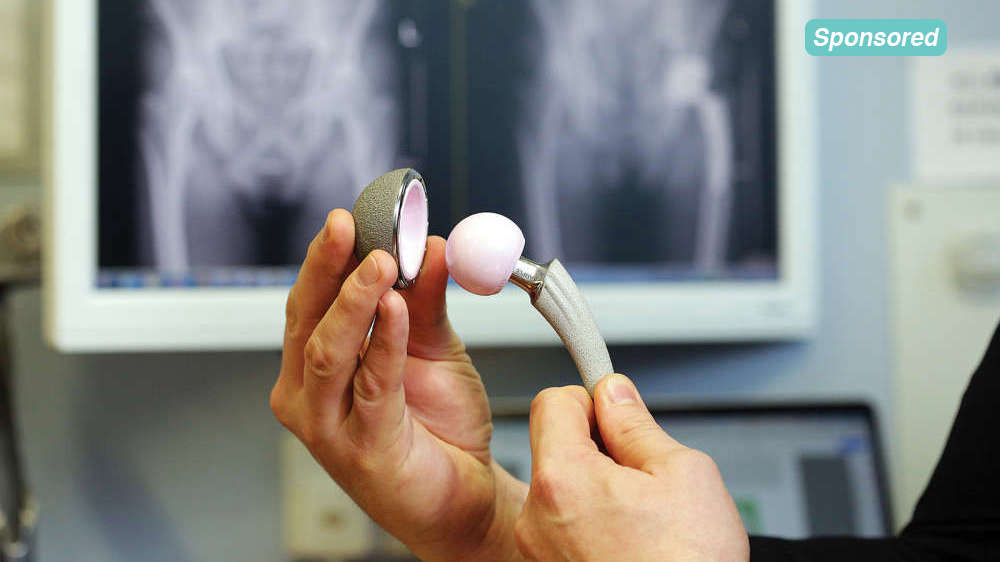
Reduced mobility as life evolves is something many people have to come to terms with, and sometimes the issue requires surgery, so we sent Robert Veitch to learn more about hip replacements from the top orthopaedic surgeon, Hugh Apthorp
Hugh Apthorp trained at St. Bartholomew’s in London and developed his expertise in hip surgery in Perth, Australia. After becoming a Consultant Orthopaedic Surgeon in 1999 he worked at the Conquest Hospital in Hastings, and the Horder Centre in Crowborough, which Hugh said is, “where I discovered the best way to run a team.” Hugh is now one of the UK’s foremost hip replacement surgeons and is based full time at the London Bridge Hospital, part of HCA Healthcare, which allows him and his team to provide the proper level of continuous support to patients.
Hugh has always focused solely on hip surgery with the aim of making the HCA Healthcare London Bridge Hospital the best place for hip replacements in the UK. He told me, “We are always looking for ways to improve, we’re like a Formula One team, and we do this one thing extremely well.”
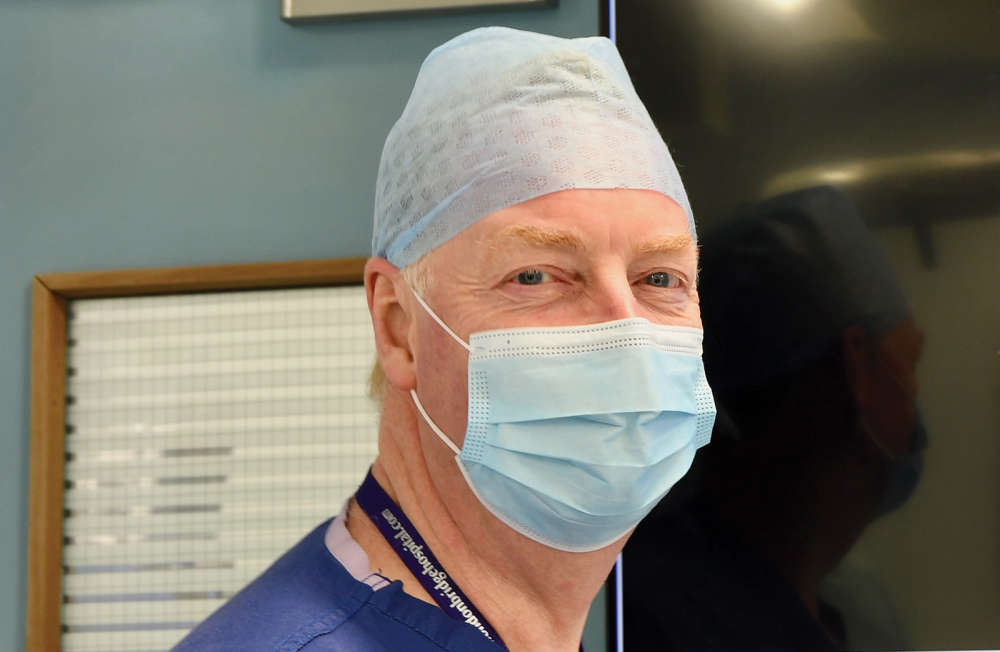
In 2004 hip replacement post-operative hospital stays lasted about nine days, but while having a shower one morning Hugh wondered how this might be improved, how rapid recovery might be introduced. “I went into work at the Conquest that morning, got my team together and created a program that enabled every team member to do their best, and within six weeks the post-operative hospital stay had been reduced to two days – the shortest in the UK.”
The team focused on improving every step of the patient journey from Hugh’s pioneering minimally invasive surgery through recovery to returning home. Hugh explained, “I realised the best patient outcomes are achieved when surgical excellence is combined with a specialist, team-working approach. By bringing the same quality of care to pre-operative and post-operative care, we’ve been able to revolutionise the patient experience, from pre-assessment to discharge."
This approach was nominated for a NHS Team Award and the principles that underpin the rapid recovery program are used throughout the UK today. “I found that being polite and including people in the process worked, because I was doing it for a useful purpose – the patient – and not my own agenda.”
Reflecting on the evolution of surgery and medicine during Hugh’s own career has shown him change is a constant and there is still so much to learn. “We don’t know everything about medicine, there are many more improvements to be made. All I’ve done is try to show what is possible.”
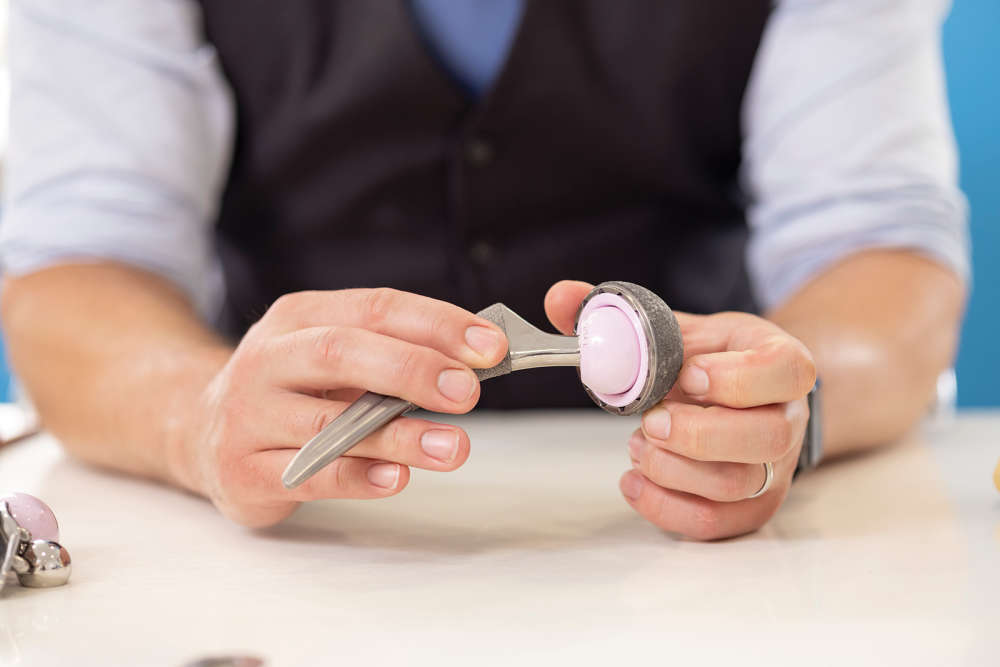
The National Joint Registry was created in 2003 and means there is more than two decades of documented data on hip replacement types, surgeries and outcomes. As Hugh revealed, “the correct hip replacement will last for 25-30 years and hips can be replaced more than once.”
Hugh explained the average surgeon might do 50 hip replacements in a year, but his career total is over 10,000. “Every human body is ever so slightly different. Each surgery takes 1½ to 2 hours. I perform a very consistent operation, it’s like ballet and it’s a joy. My team consist of the same people who do the same thing every time. We work mostly in silence. We make surgery safe and consistent and apply best practice. To use the Formula One analogy again everyone in my team has been trained to be excellent in his or her role.”
“To be able to undertake this surgery on such a regular basis is amazing. I make a single 3-inch incision, and perform surgery without tissue damage, minimal loss of blood, and minimal pain for the patient. There are no stitches because the skin of patients is glued back together. I want my patients to live a pain free life after surgery.” Typically, patients walk on the same day as their surgery, and a couple of days later they are climbing the stairs at home. A return to driving should happen after about a fortnight. "After all these years working in hip replacement, I still find it a fascinating subject, I’m a bit of a geek, I always look forward to the next operation.”
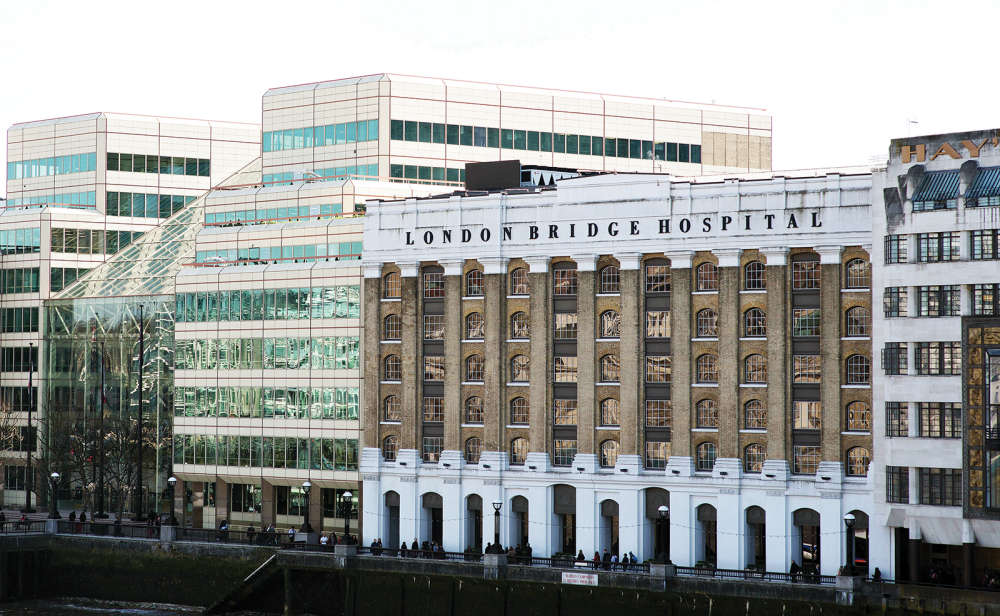
Throughout our conversation Hugh was extremely modest, always keen to share the credit with those around him. “I am part of an amazing group of people; not just my team, but also the staff who work in the hospital. They are all important and it’s refreshing to have such a good team.”
Hugh told me the purpose of surgery is to restore quality of life, because as we get older our fitness becomes more valuable and maintaining it becomes more important. Maximising the benefits of surgery can help patients regain full hip function and return to the activities they love to do like; walking, running, gardening, tennis, dancing and skiing. “Consider surgery sooner rather than later, before you lose the capacity to do the things you enjoy and life becomes difficult, and because it won’t get better on its own. Take control of the situation before a crisis develops.”
Hugh recommends readers with hip issues take a look at the National Joint Registry (www.njrcentre.org.uk) and the Compare My Care website (www.comparemycare.com/practitioners/hugh-apthorp) to see the outcomes of previous surgeries and help find the best course of action moving forward. Of course, readers can also contact Hugh via his website. As he said, “find a person that excels in what they do.” And with a 99.7% success rate, Hugh Apthorp certainly does that.
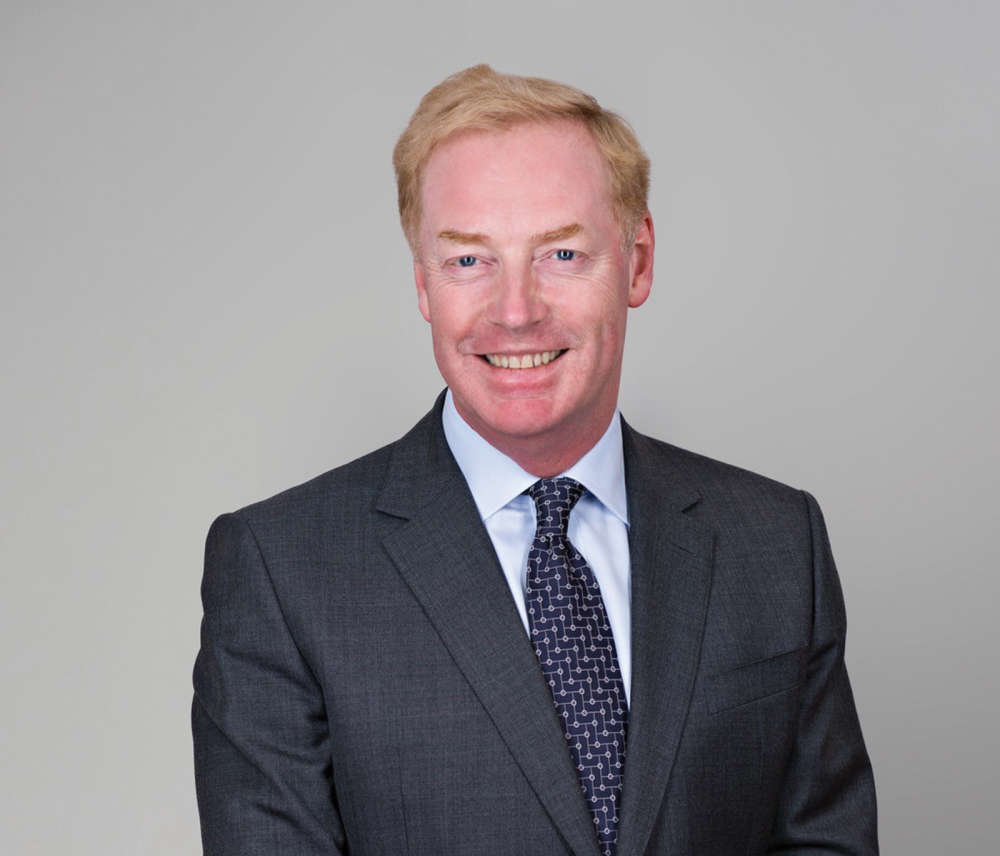
Hugh Apthorp
HCA Healthcare, London Bridge Hospital,
27 Tooley Street, London SE1 2PR
07921 874922
www.hughapthorphips.com
apthorphips@hcahealthcare.co.uk

 Charity: All Aboard the Ho Ho Ho Holly Crest!
Charity: All Aboard the Ho Ho Ho Holly Crest!
 Hailsham House: More Than Just Care, It’s Home
Hailsham House: More Than Just Care, It’s Home
 Age UK East Sussex Needs You!
Age UK East Sussex Needs You!
 Parkers Car & Truck Rental Celebrate 75 Years
Parkers Car & Truck Rental Celebrate 75 Years
 Have a Macmillan Coffee Morning!
Have a Macmillan Coffee Morning!
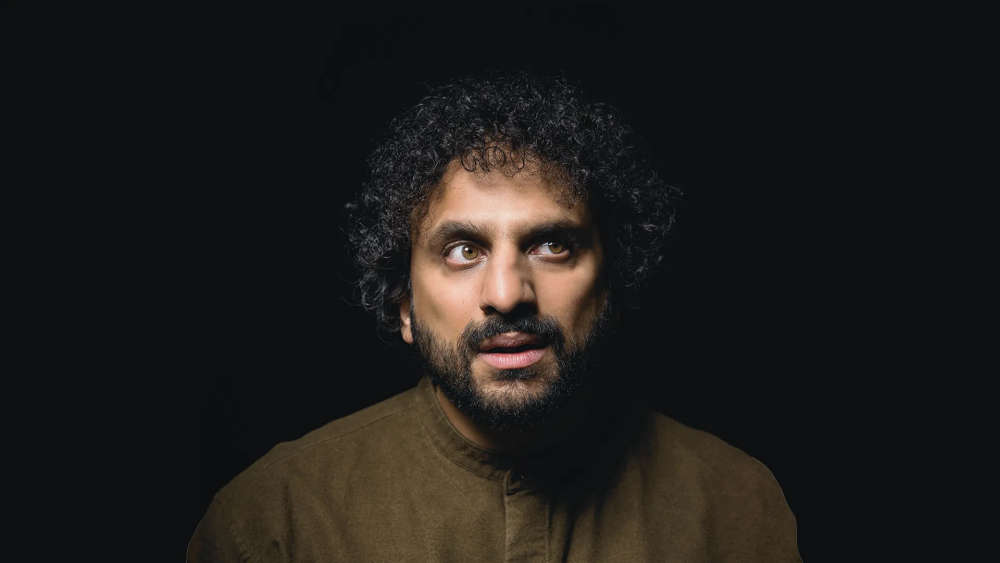 "I quite like to end up with a setlist that involves a catalogue of human misery..." Nish Kumar on his return to stand-up comedy
"I quite like to end up with a setlist that involves a catalogue of human misery..." Nish Kumar on his return to stand-up comedy
 Pure Inspiration
Pure Inspiration
 Creating a Dream at The Pauline Quirke Academy
Creating a Dream at The Pauline Quirke Academy
 A Little Slice of Heaven
A Little Slice of Heaven
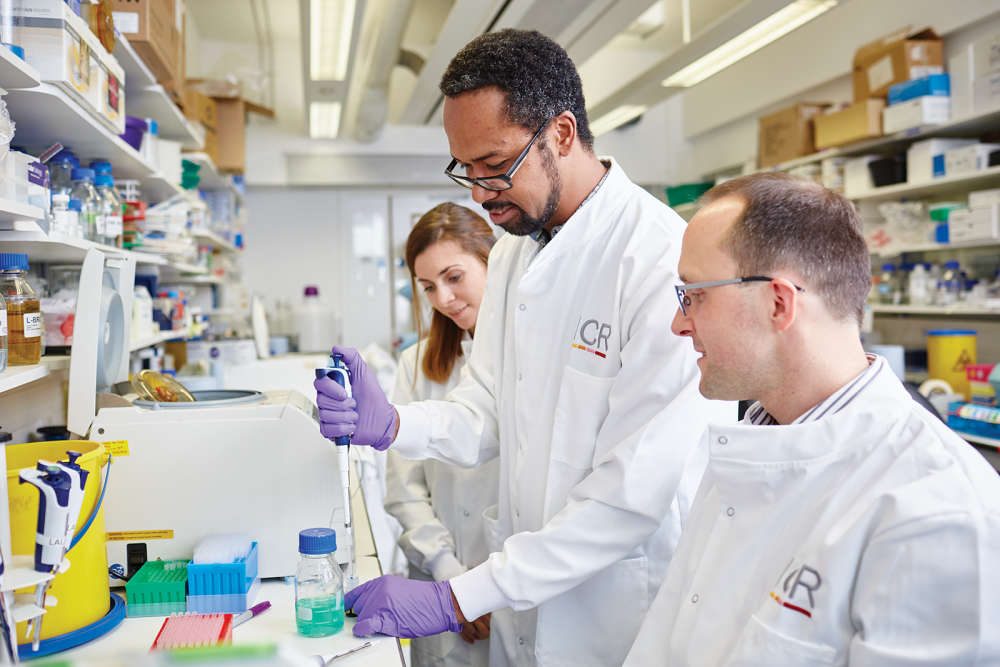 Charity: Institute for Cancer Research
Charity: Institute for Cancer Research
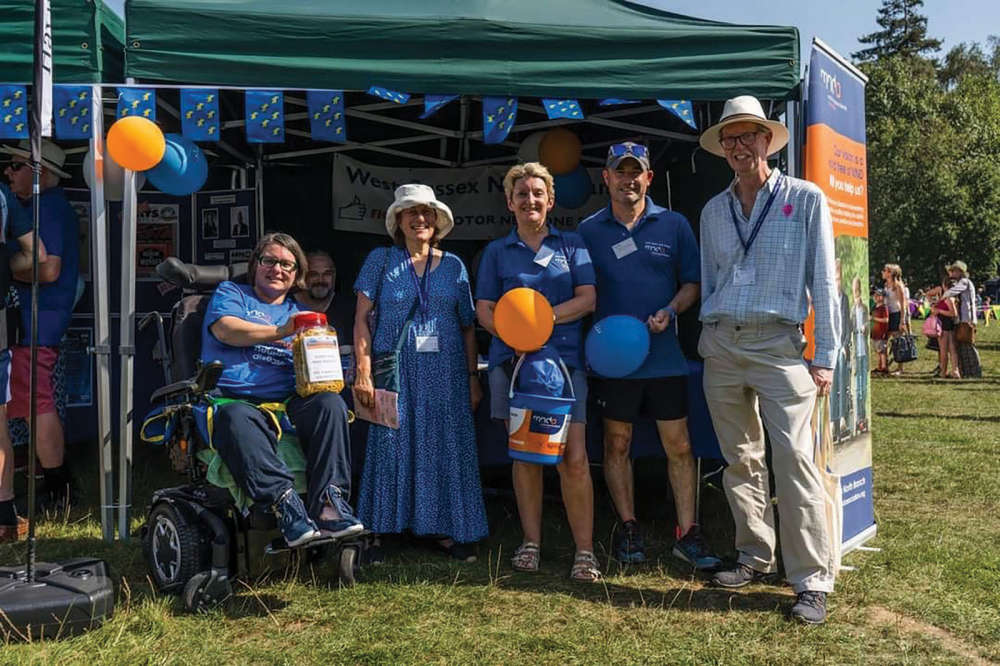 Volunteer for Motor Neurone Disease Association
Volunteer for Motor Neurone Disease Association
 Riding to Success
Riding to Success
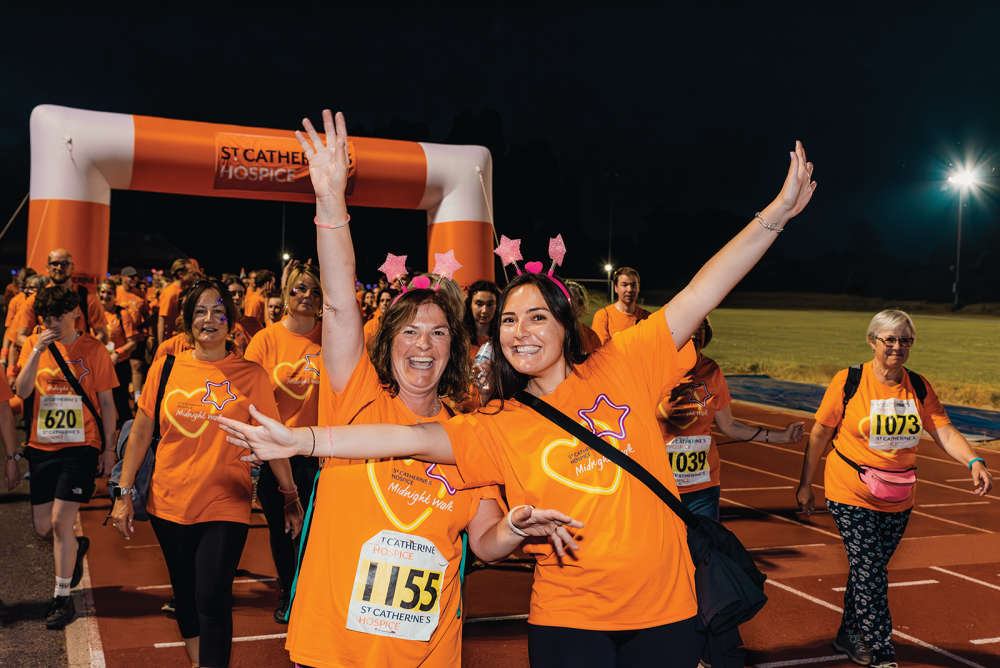 Step out for St Catherine’s Hospice
Step out for St Catherine’s Hospice
 Homes for Ukraine: Opening Your Home and Your Heart
Homes for Ukraine: Opening Your Home and Your Heart
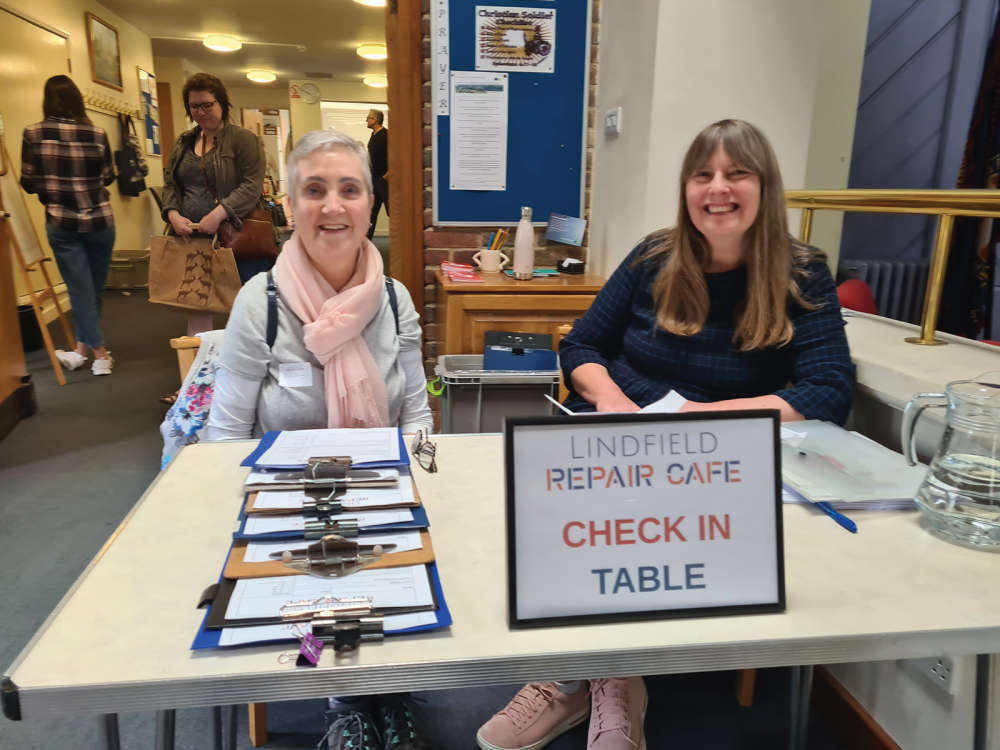 The Joy of the Repair Café
The Joy of the Repair Café
 An Unlikely Retirement
An Unlikely Retirement
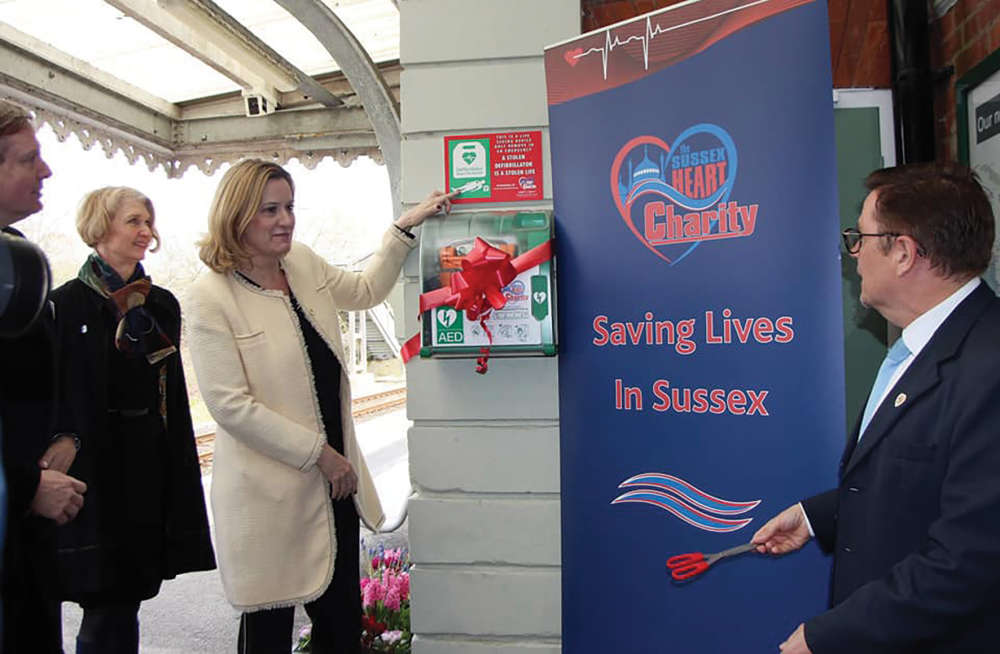 Matters of the Heart
Matters of the Heart
 Rushfields: Celebrating 40 Years
Rushfields: Celebrating 40 Years
 Interview: Comedian Connor Burns brings his Vertigo tour to Sussex
Interview: Comedian Connor Burns brings his Vertigo tour to Sussex
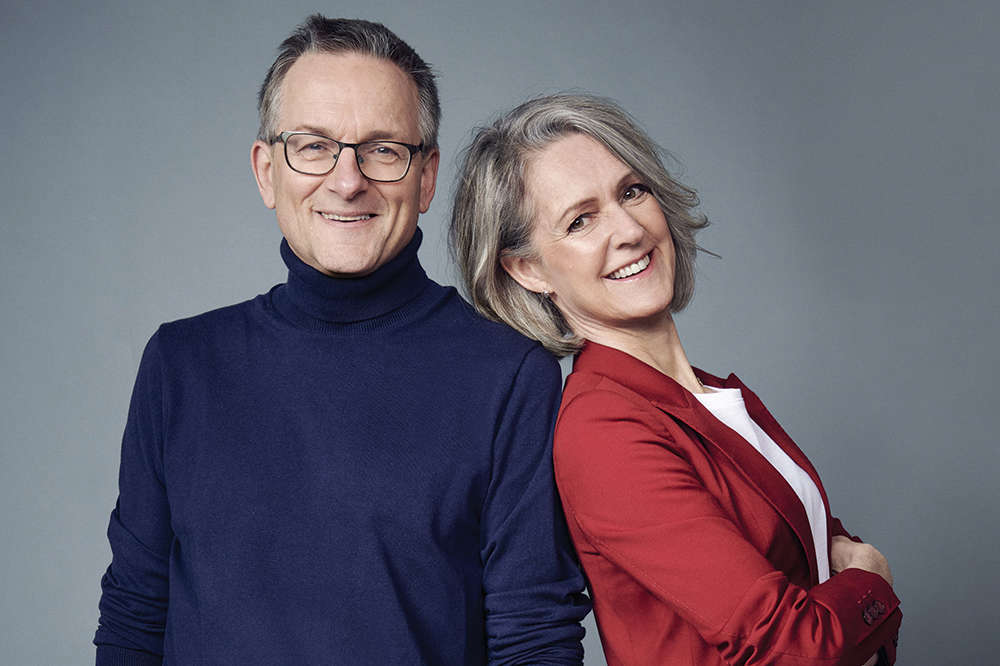 A Double Dose: Interview with Michael Mosley and Clare Bailey
A Double Dose: Interview with Michael Mosley and Clare Bailey